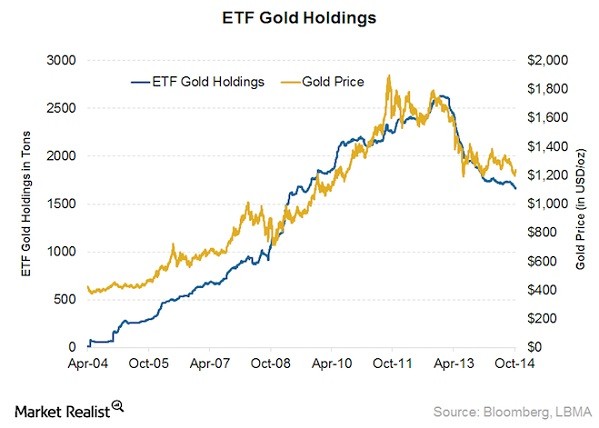Picking up ETF tips from the Web
Post on: 30 Март, 2015 No Comment

SamMamudi
NEW YORK (MarketWatch) — The dollars invested in exchange-traded funds still only amount to about 5% of the total in traditional mutual funds. But more and more individual investors are buying ETFs, which trade on exchanges like individual stocks. And as they do so, they are looking for advice about these newer vehicles.
Regular mutual funds have been around for more than 80 years, but the first U.S. ETF only launched in 1993; there’s much less common knowledge about these instruments.
With ETFs, as with virtually any other topic, many people are turning to the Web. Online resources range from the ETF section of Morningstar.com, a site already popular for its coverage of traditional mutual funds, to sites launched by individual financial advisers and ETF investors.
Here’s a selection of sites worth a look, all of which offer at least some of their information free of charge:
Morningstar
morningstar.com/goto/etfs
The ETF section on Morningstar.com is perhaps the most comprehensive ETF resource on the Internet. It offers familiar Morningstar features, such as star ratings and performance data. A free ETF screening tool allows a user to find all the funds that meet his or her criteria, including fees, performance and risk, among others. Extensive commentary on the ETF field, geared to both experienced and novice ETF investors, also is free.
Other ETF resources require premium membership on Morningstar.com, which costs $174 a year or $18.95 a month.
For instance, the ETF Valuation Quickrank tool helps users judge whether an ETF is fairly priced relative to the business prospects of its holdings. Morningstar aggregates and weights the fair-value calls made by its 90 stock analysts on an ETF’s underlying stocks. As long as two-thirds of an ETF’s holdings are covered by Morningstar analysts, the ETF will receiving a value rating — undervalued, fairly valued or overvalued — along with a comparison of the ETF’s market price and Morningstar’s fair-value estimate.
It’s the fundamental valuation of an ETF, said Scott Burns, director of ETF analysis at Morningstar.
Premium subscribers can also access research reports on more than 300 individual ETFs by Morningstar’s five ETF analysts, who not only judge the funds but also suggest alternatives — typically other ETFs but sometimes, such as for heavily concentrated portfolios, simply individual stocks.
Yahoo Finance
finance.yahoo.com/etf
Yahoo Finance provides a range of options for investors keen to find out more about ETFs.
Its ETF Education section features pages on topics such as how ETFs work, their tax advantages, the role of ETFs in an investor’s asset allocation, and frequently asked questions about these funds. There’s also a glossary and aggregated news from a number of other Web sites.
The free site also has data tables, where ETFs can be sorted according to performance, category, trading volume and even risk. One can find, for instance, the Japanese-stock ETF with the highest three-month average trading volume, or the emerging-markets ETF that was the most volatile over the past three years, or the U.S. large-cap value ETF with the lowest portfolio price-to-earnings ratio.
MarketWatch
marketwatch.com/investing/research-tools














